With the rapid scientific advancement, biotechnology stands at the forefront of innovation. The biotech book serves as an essential guide for anyone eager to explore the relationship between biology and technology. Through the best biotech book, you can not only learn more knowledge about biotechnology, but you can also gain more advanced insights about the biotech trend.
Whether you are a student, a professional, or simply curious about the field, Arvin is here to help you discover the best biotech books!
Ask Arvin:
- Find Recommendations: Want to know the top books for beginners or advanced readers?
- Get Summaries: Curious about the content and themes of a specific book?
- Explore Special Topics: Interested in niche areas?
- Where to Buy: Need help finding where to purchase or access these books?
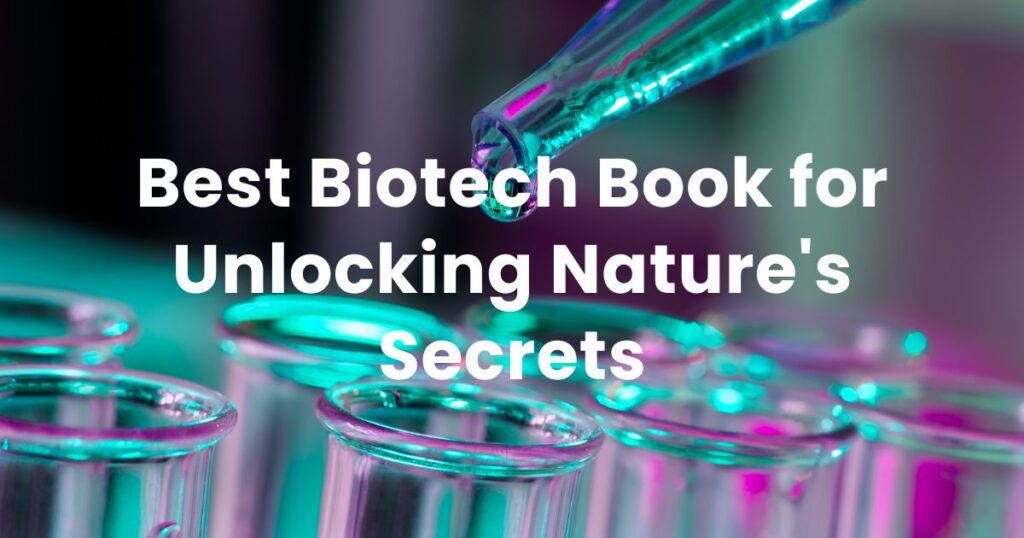
Introduction to Biotechnology by William Thieman
Introduction to Biotechnology brings the latest information students need to understand the science and business of biotechnology. The popular text emphasizes the future of biotechnology and the vital role that biotechnology students will play in that future. It offers balanced coverage of basic cell and molecular biology, fundamental techniques, historical accounts, new advances, and hands-on applications.
The 4th Edition contains updates in every chapter that reflect the latest changes in technology, applications, ethical issues, and regulations. Each chapter now includes an analytic Case Study that highlights current research, prompting students to apply key concepts to answer relevant questions.
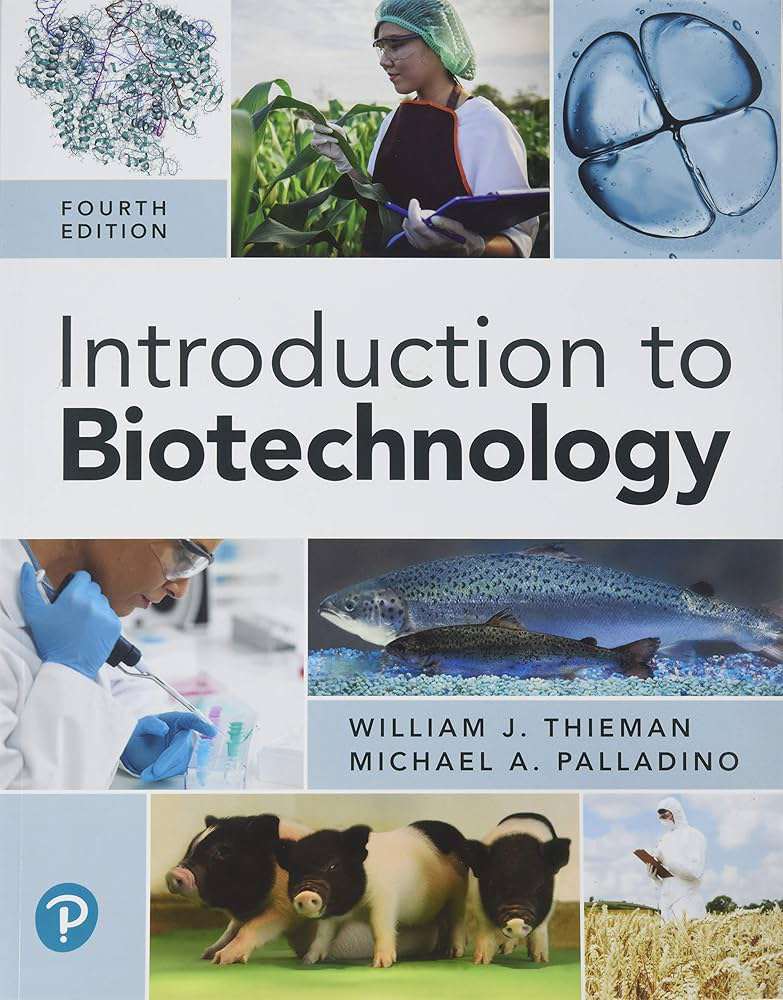
Biotechnology for Beginners by Reinhard Renneberg
A user-friendly introduction to biotechnology, this book covers key concepts and applications in agriculture, medicine, and environmental science. It’s great for those new to the field and provides a non-technical overview.
Authors Renneberg and Demain discuss the opportunities and risks associated with various biotechnology technologies. They present historical data in easy-to-reference boxes, highlighting key topics throughout the text. Biotechnology for Beginners covers all major aspects of the field, including food biotechnology, enzymes, genetic engineering, viruses, antibodies, and vaccines. It also explores environmental biotechnology, transgenic animals, analytical biotechnology, and the human genome. This comprehensive approach makes the book a valuable resource for anyone looking to understand the breadth of biotechnology and its implications.
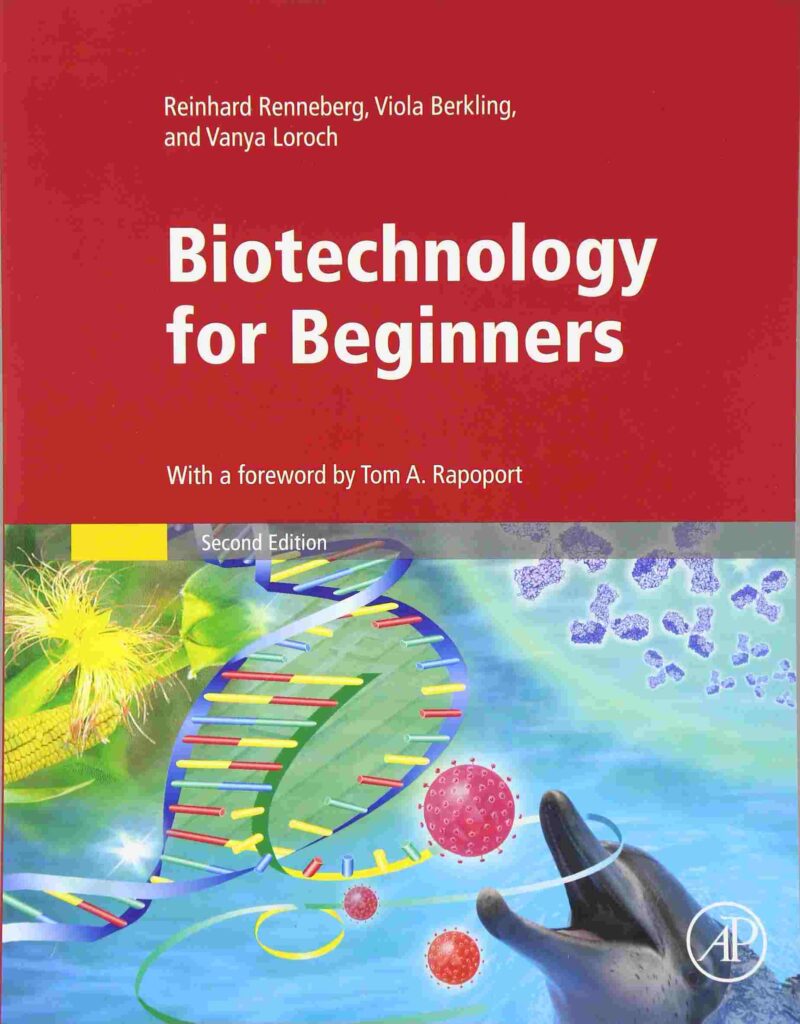
Genentech: The Beginnings of Biotech by Sally Smith Hughes
This book narrates the story of Genentech, starting in the 1980s. Through personal stories, interviews, and detailed accounts from its founding, it captures the company’s journey as a leader in biotechnology. It lays the groundwork for the biotech industry as we know it today.
The book chronicles the history of Genentech, one of the pioneering companies in this field. It explores the intersection of science, business, and culture. Additionally, it details how Genentech revolutionized the pharmaceutical industry through innovative research and an entrepreneurial spirit. This compelling narrative showcases the transformative impact of Genentech on biotechnology as a whole.
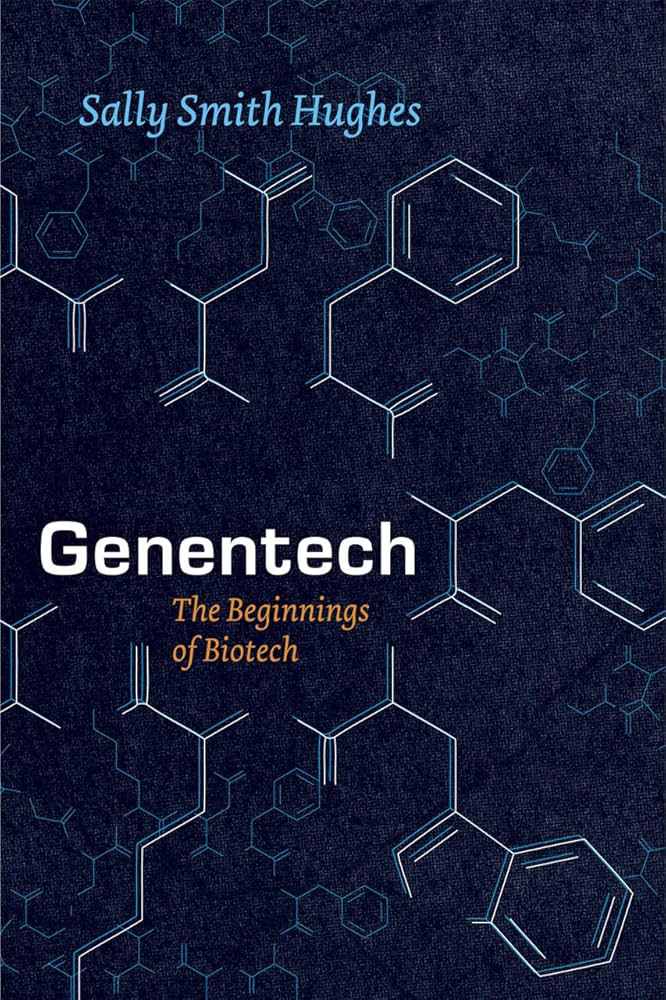
Lab Girl by Hope Jahren
An award-winning book and memoir about the life of a paleobiologist that will inspire biotech founders to pursue their passions. In these pages, Hope takes us back to her Minnesota childhood, where she spent hours in unfettered play in her father’s college laboratory. She tells us how she found a sanctuary in science, learning to perform lab work “with both the heart and the hands.” She introduces us to Bill, her brilliant, eccentric lab manager. And she extends the mantle of scientist to each one of her readers, inviting us to join her in observing and protecting our environment.
Warm, luminous, compulsively readable, Lab Girl vividly demonstrates the mountains that we can move when love and work come together.
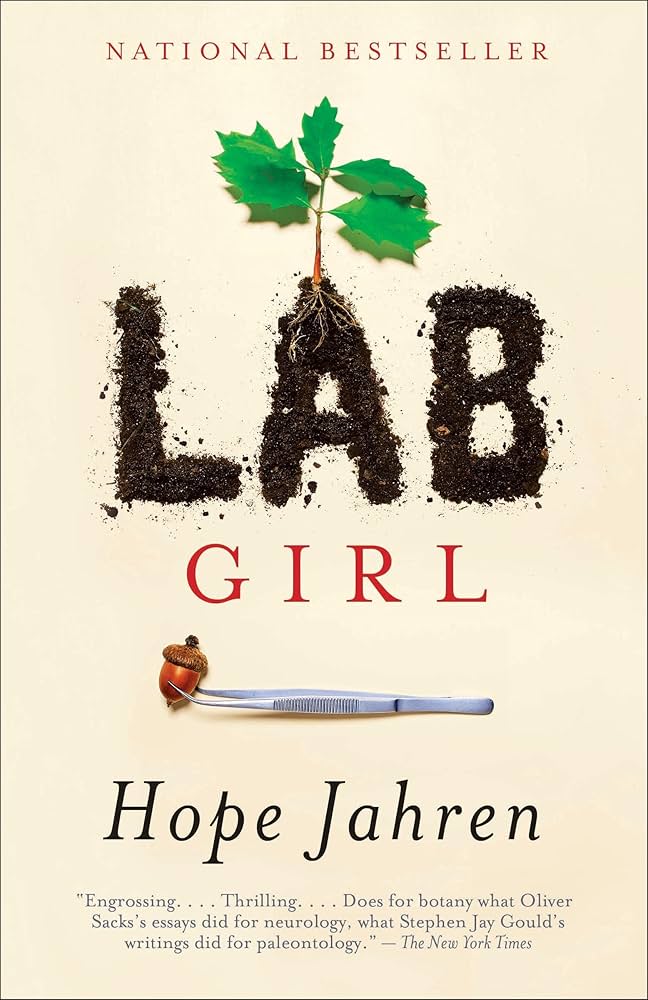
Building Backwards to Biotech by Stephanie Wisner
Ever wonder how medicines and vaccines enter the marketplace? Why they are so expensive? Most people have heard about Theranos, a story of failure: how do biotechnology start-ups actually succeed? In Building Backwards to Biotech, author Stephanie A. Wisner demystifies the subjects of biotechnology, start-ups, and finance to answer these questions. Wisner unlocks the secrets to building a successful biotech company by emphasizing a key process: Building Backwards.
In this book, you will grasp the concept of Building Backwards and learn how it can:
- Increase your chances of starting a “winning” company
- Inform capital raising efforts
- Lead to a robust clinical and scientific strategy
- Mitigate business and scientific risk from the outset
Wisner strongly believes in the power of entrepreneurship to translate cutting-edge science into successful market solutions. He highlights its potential to help people suffering from diseases that are currently considered untreatable. This approach offers invaluable insights for aspiring biotech entrepreneurs. Wisner believes that good science, combined with innovative business practices, has the power to save and enrich lives. Building Backwards to Biotech aims to simplify the journey for those interested in bringing meaningful work to a world that eagerly awaits such advancements. By leveraging the Building Backwards methodology, individuals can navigate the complexities of the biotech industry more effectively and make a significant impact.
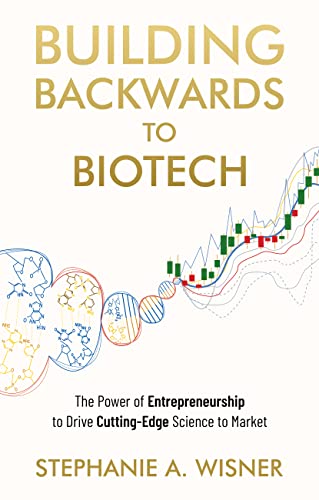
Introduction to Plant Biotechnology by H S Chawla
This book is designed for biotechnology students at undergraduate and graduate levels. It covers essential aspects of plant tissue culture. Topics include nutrition media, micropropagation, organ culture, and cell suspension culture. It also discusses haploid culture, protoplast isolation and fusion, and secondary metabolite production. Somaclonal variation and cryopreservation are addressed as well.
The book includes chapters on recombinant DNA technology for solid understanding. It covers genetic material and DNA organization in the genome. Basic techniques involved in recombinant DNA technology are also detailed. This comprehensive coverage equips students with knowledge in both plant biotechnology and molecular techniques.
Different aspects of rDNA technology include gene cloning and plant gene isolation. It discusses transposons, gene tagging, and in vitro mutagenesis. PCR, molecular markers, and marker-assisted selection are also covered. Gene transfer methods, chloroplast, and mitochondrion DNA transformation are included as well.
Genomics topics encompass functional genomics, structural genomics, and proteomics. It also covers metabolomics, sequencing status of organisms, and DNA chip technology. Lastly, the book discusses biotechnology applications, such as transgenics in crop improvement. The impact of recombinant DNA technology on biotech crops is also explored.
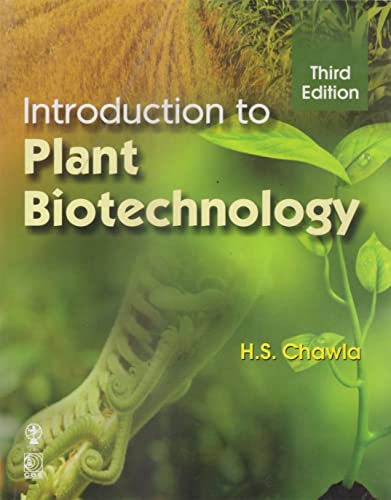
The Selfish Gene by Richard Dawkins
Inheriting the mantle of revolutionary biologists like Darwin, Watson, and Crick, Richard Dawkins transformed our perspective with The Selfish Gene. Instead of viewing organisms as vehicles for their genes, he proposed that genes build and maintain us to replicate themselves. This simple reversal offers solutions to many scientific puzzles that had perplexed researchers for years. Since then, our understanding of evolution has fundamentally changed.
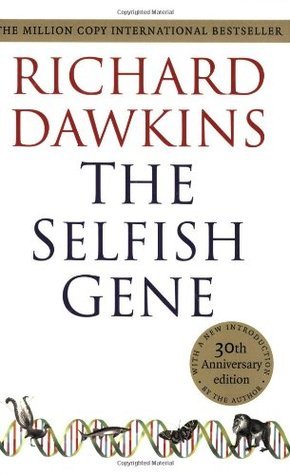
Building Biotechnology by Yali Friedman
Building Biotechnology helps readers grasp the fundamentals of biotechnology business. It covers how to start and manage biotechnology companies effectively. The book highlights the needs of biotechnology companies and how to address them.
This acclaimed resource describes the convergence of scientific, political, regulatory, and commercial factors that shape the biotechnology industry. Most importantly, it empowers seasoned business professionals and entrepreneurial scientists to understand the main drivers of biotechnology businesses. Readers can apply their established skills for commercial success in this dynamic field.
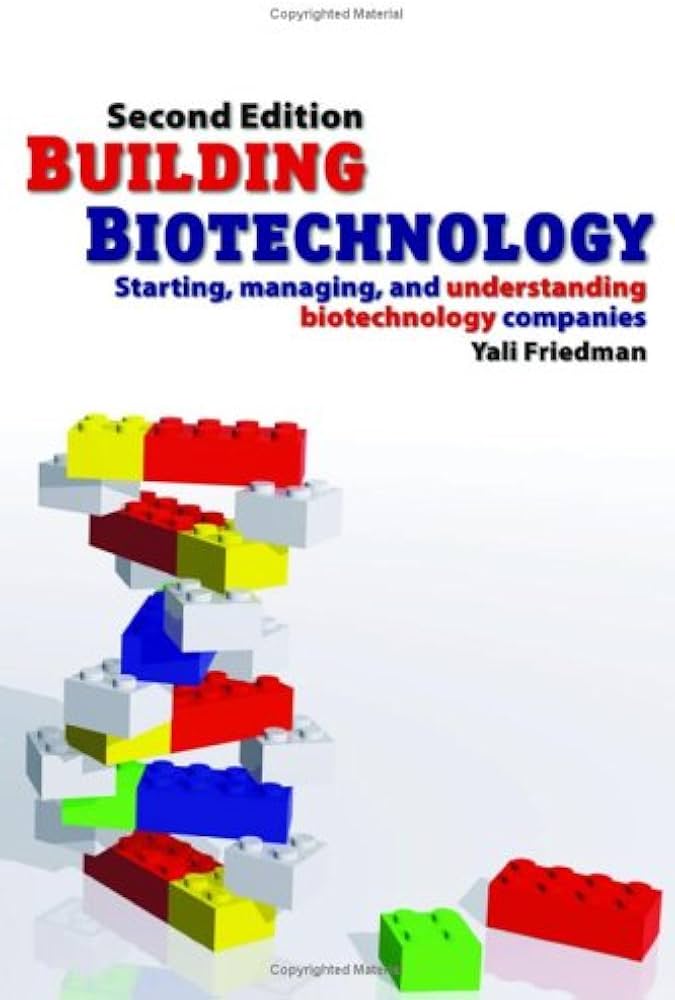
Science Lessons by Gordon Binder
In Science Lessons, Gordon Binder CEO and chairman during 1988-2000 describes Amgen’s climb to success. Revealing the highs and lows it experienced in the race to develop blockbuster drugs, he takes readers from the time Amgen had just three months of capital in the bank and no viable products in the pipeline to its spectacular success. The turning point? The 1989 launch of Epogen, which dramatically helped kidney dialysis patients suffering from debilitating anemia. Other landmark drugs, including Neupogen, would follow.
Through engaging anecdotes and cogent insights, Binder weaves a fascinating tale while offering his unique brand of practical management advice. Using the principals of the scientific method, he shares his recommendations for tackling pressing business challenges such as managing creative employees, navigating the IPO process, and protecting intellectual property.
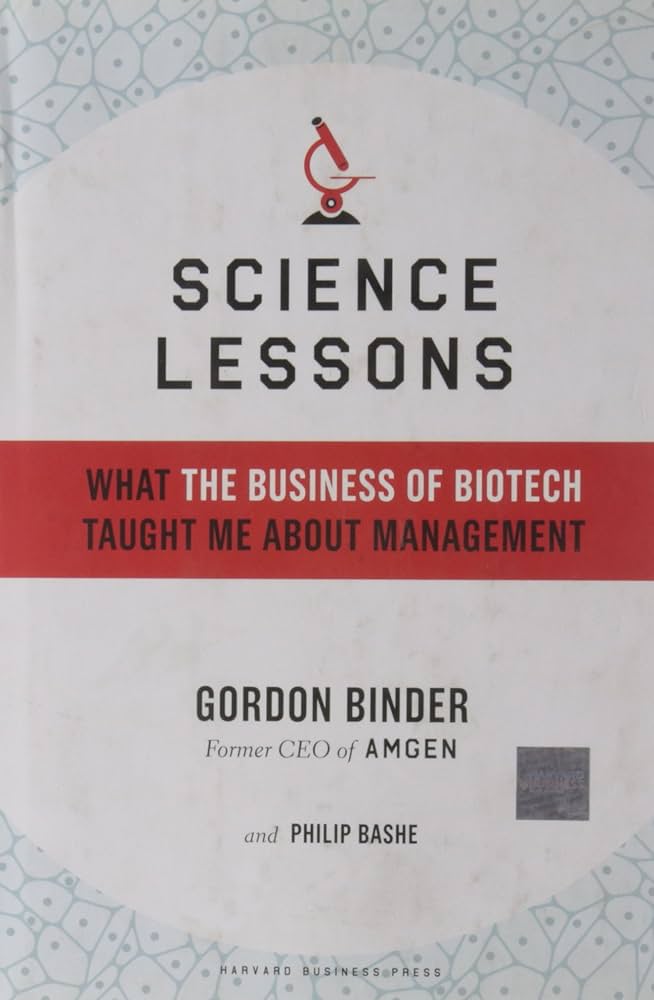
Conclusion
The best biotech book equips readers with knowledge about the complexities of biotechnology. It encourages reflection on the ethical implications and societal impacts of this powerful discipline. Whether you are considering a career in biotechnology or are simply intrigued by its possibilities, this book serves as the perfect starting point. It guides you into the world of genetic engineering, bioinformatics, and sustainable solutions.
Simply type your question, and let Arvin guide you to the best biotech book that will enhance your understanding and passion for biotechnology!
FAQs
Biotechnology for Beginners by Reinhard Renneberg is a user-friendly introduction to biotechnology. This book covers key concepts and applications in agriculture, medicine, and environmental science. It’s great for those new to the field and provides a non-technical overview.
A top biotech book usually covers fundamental principles of molecular biology, genetic engineering, bioprocessing, bioinformatics, and real-world applications in healthcare, agriculture, and environmental science. Some books may also address the ethical and regulatory aspects of biotechnology.
Consider your background knowledge, specific interests (e.g., genetics, bioinformatics, industrial applications), and whether you need an introductory resource or a more advanced text. Reviews, recommendations, and course syllabi can help guide your choice.

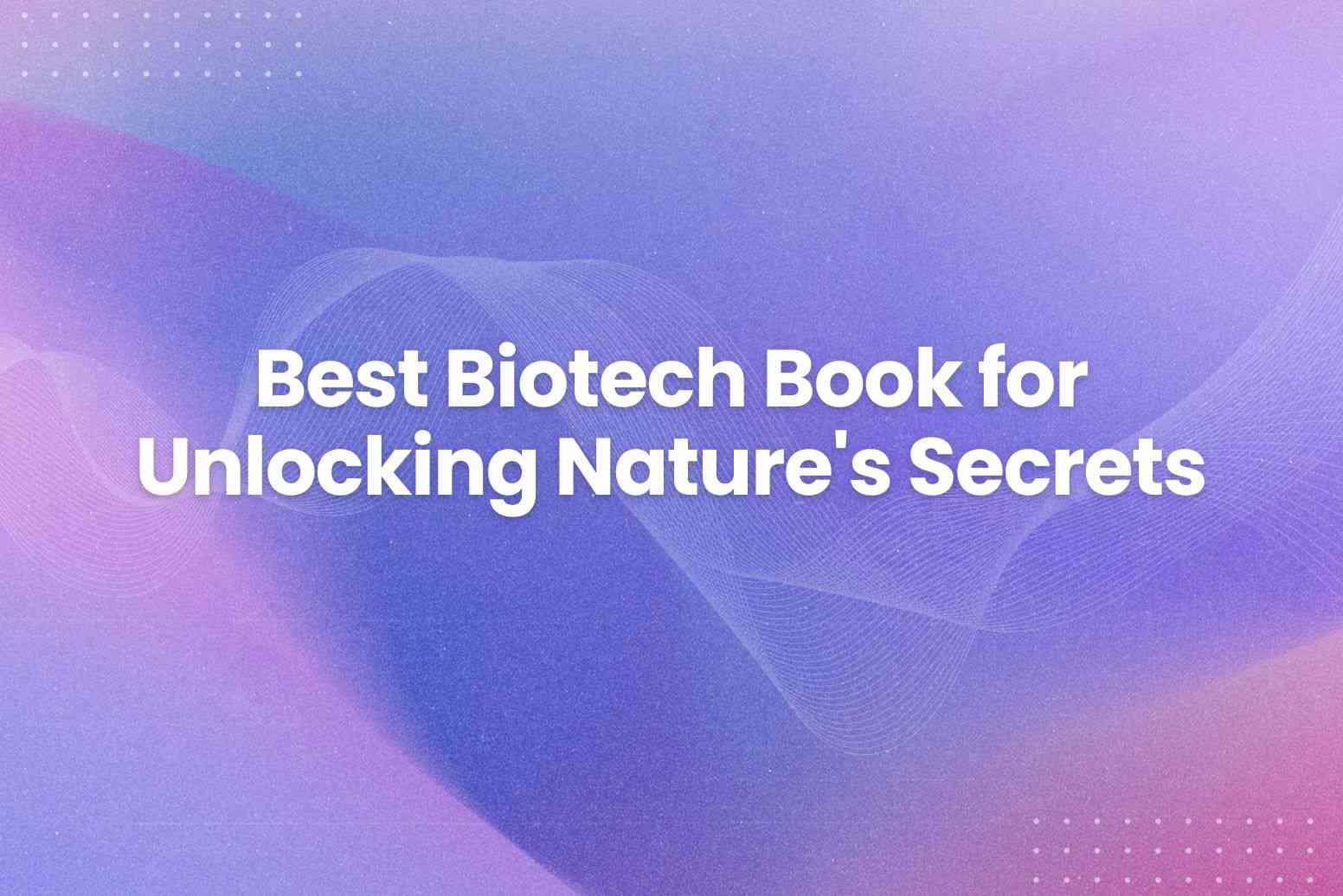

![300+ Heart Touching Birthday Wishes for Sister [2024]](https://arvin.chat/wp-content/uploads/2024/05/300-Heart-Touching-Birthday-Wishes-for-Sister-2024.jpg)


